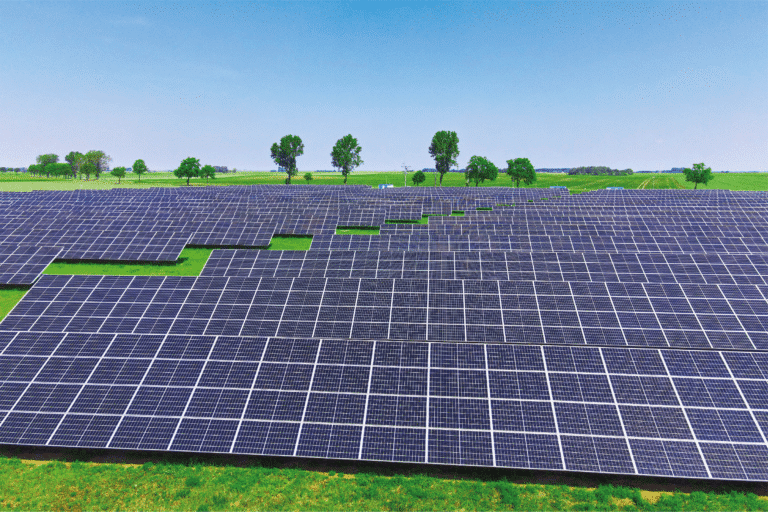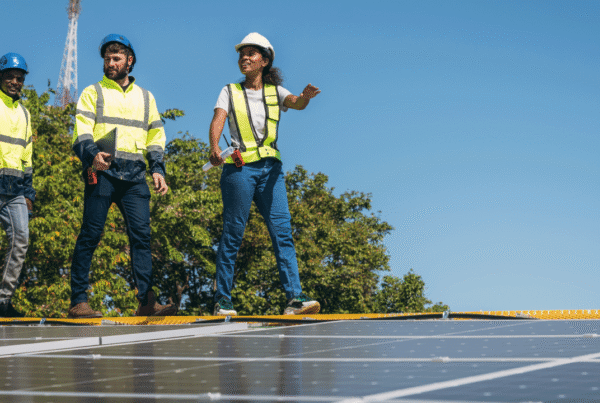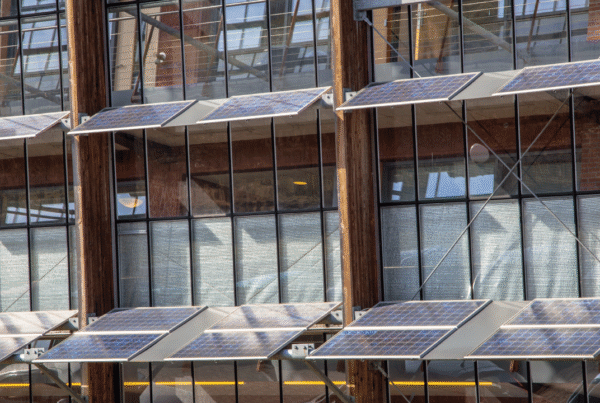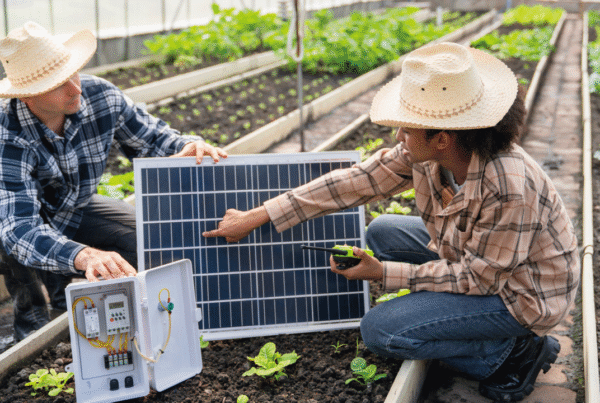Summer, with its long days and intense solar radiation, offers ideal conditions for the operation of photovoltaic plants. These installations, which convert sunlight into electricity, benefit greatly from the abundant summer sunlight, resulting in increased energy production and a number of economic and environmental advantages.

The biggest benefit of using solar energy in the summer is that it can help reduce energy costs. During the summer, many people need to use more air conditioning to keep cool. This can result in a very high energy bill. This can result in a very high energy bill. However, by installing solar panels on your home, you can generate your own electricity and reduce your dependence on the grid.
In addition, in most regions, summer brings clear skies, allowing solar panels to operate without interruption. Although extremely high temperatures may slightly reduce the efficiency of PV panels, sunny and warm days generally provide a favourable environment for power generation. Lower cloud cover and longer hours of sunshine ensure that PV panels receive an optimal amount of sunlight, thus maximising their performance.
Increased solar power generation during the summer has a positive impact on the environment. By reducing dependence on fossil energy sources, greenhouse gas emissions are reduced, contributing to the fight against climate change. Solar energy is a clean, renewable energy source and its increased use in the summer months supports sustainability goals and promotes a cleaner energy future.
Easy installation and maintenance is an important advantage, especially for businesses. Solar panels are easy to install and do not require extensive maintenance. In summer, solar panel cleaning is essential to achieve maximum system efficiency. The installation of solar panels is a long-term investment as you will not need to invest much in the maintenance of the system. What’s more, in the long run your house will increase in value.
Summer is also a favourable time for the implementation of new technologies and improvements in photovoltaic plants. Research and development in the field of solar energy continues to advance, with innovations that improve the efficiency and viability of solar installations. Pioneering projects and emerging technologies are demonstrating that the potential of solar energy is still expanding. The integration of energy storage systems, for example, allows excess energy generated during the day to be stored for use at night or on cloudy days, increasing the reliability and utilisation of solar energy.
Summer offers optimal conditions to maximise the production and efficiency of PV plants, creating economic, environmental and operational benefits. Making the most of it not only contributes to greater energy self-sufficiency and cost reduction, but also supports global efforts towards a cleaner, more sustainable energy future. Photovoltaic plants represent a crucial step in the transition to a world powered by renewable energy and even more so in summer.
———————————————
Read more news about the renewable energy sector on the Univergy Solarbog.







